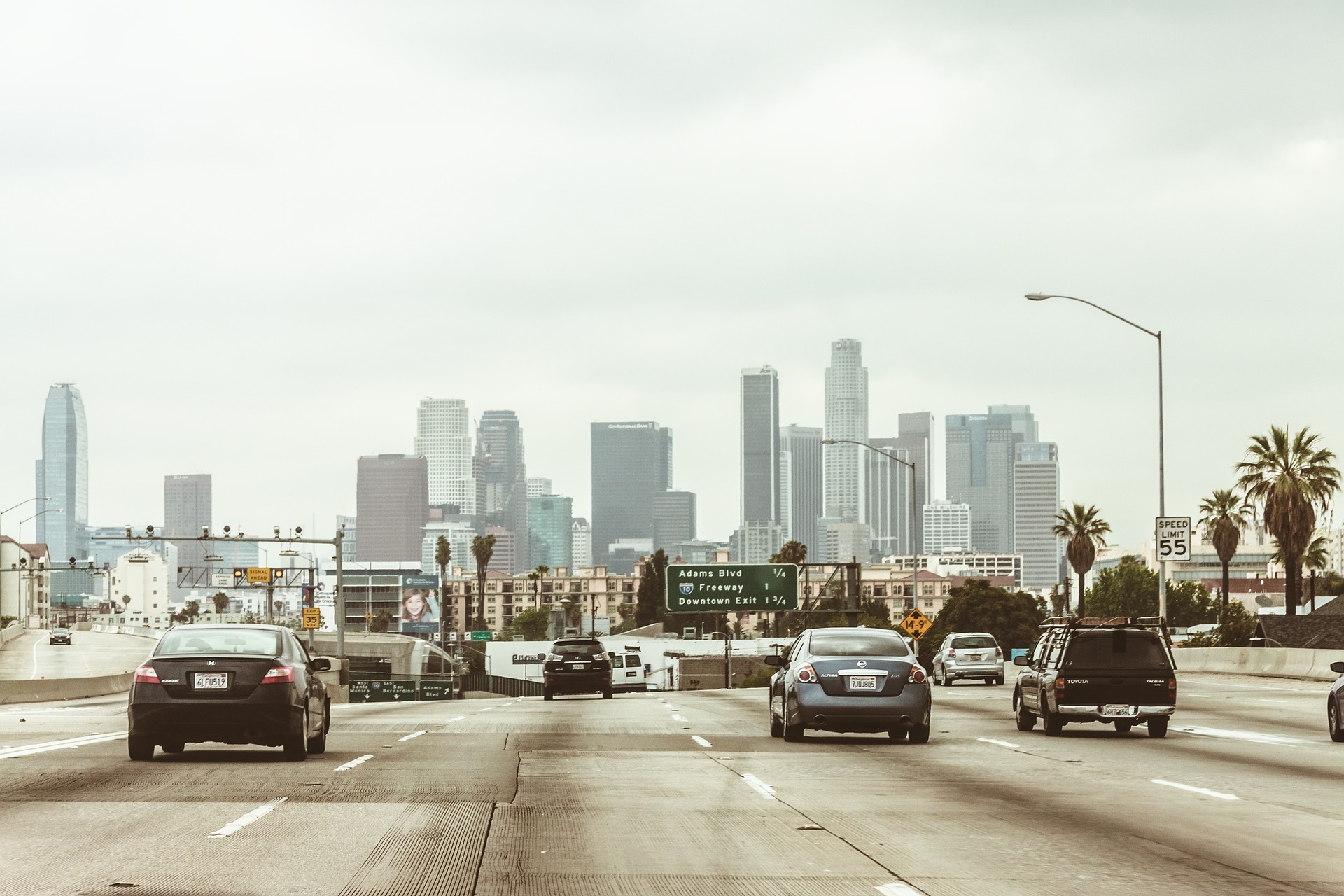Understanding the Societal Shift towards Sustainable Living
Society's quest for sustainability is not a mere trend; it's a profound shift, reshaping our world and the way we live. This article takes a deep dive into the sociological and cultural implications of this powerful movement. Read below to explore the historical roots, current developments, and future predictions of the sustainable living movement.
The Historical Roots of Sustainability
The concept of sustainability is deeply rooted in human history. It dates back to ancient civilizations, which understood the importance of living in harmony with nature. Various indigenous cultures, from Native Americans to the Maasai of East Africa, practiced sustainable living long before it became a buzzword. Their respect for the environment and sustainable practices, such as rotational farming and hunting, laid the foundation for modern sustainability concepts.
The Re-emergence of Sustainable Living
The industrial revolution led to a significant shift away from sustainable living, emphasizing industrial production and consumerism. However, the environmental and social consequences of this lifestyle have reignited interest in sustainable practices. The late 20th century saw the emergence of environmental movements advocating for a return to sustainable living, a trend that has accelerated into the 21st century.
Modern Society’s Embrace of Sustainability
Today, sustainability is more than a niche interest; it’s a societal norm. It has penetrated various aspects of our lives, from our consumption habits to our investment choices. The rise of zero-waste shops, eco-friendly products, and sustainable fashion exemplify this shift. Furthermore, the increasing importance of ESG (Environmental, Social, and Governance) factors in investment decisions reflects the growing societal value placed on sustainability.
Implications and Significance of Sustainable Living
The shift towards sustainable living has significant societal implications. On a macro level, it is driving changes in policy, business strategies, and societal norms. On a personal level, it is reshaping identities and lifestyles as individuals seek to align their behaviors with their values. This movement is not just about reducing our environmental footprint; it is also about building a more equitable and resilient society.
Future Predictions: Towards a Sustainable Society
The sustainable living movement looks set to continue shaping our society. Experts predict that as climate change impacts become more evident, sustainability will become increasingly central to our lives. This could lead to further changes in consumption patterns, workplace practices, and community structures. It may also drive innovations in technology and policy, as society seeks sustainable solutions to our most pressing challenges.
In conclusion, the shift towards sustainable living is a profound sociological and cultural change, with roots in our past and significant implications for our future. As we navigate this evolving landscape, understanding the depth and breadth of this movement is essential. It’s not just about changing individual habits; it’s about transforming our society for a sustainable future.







